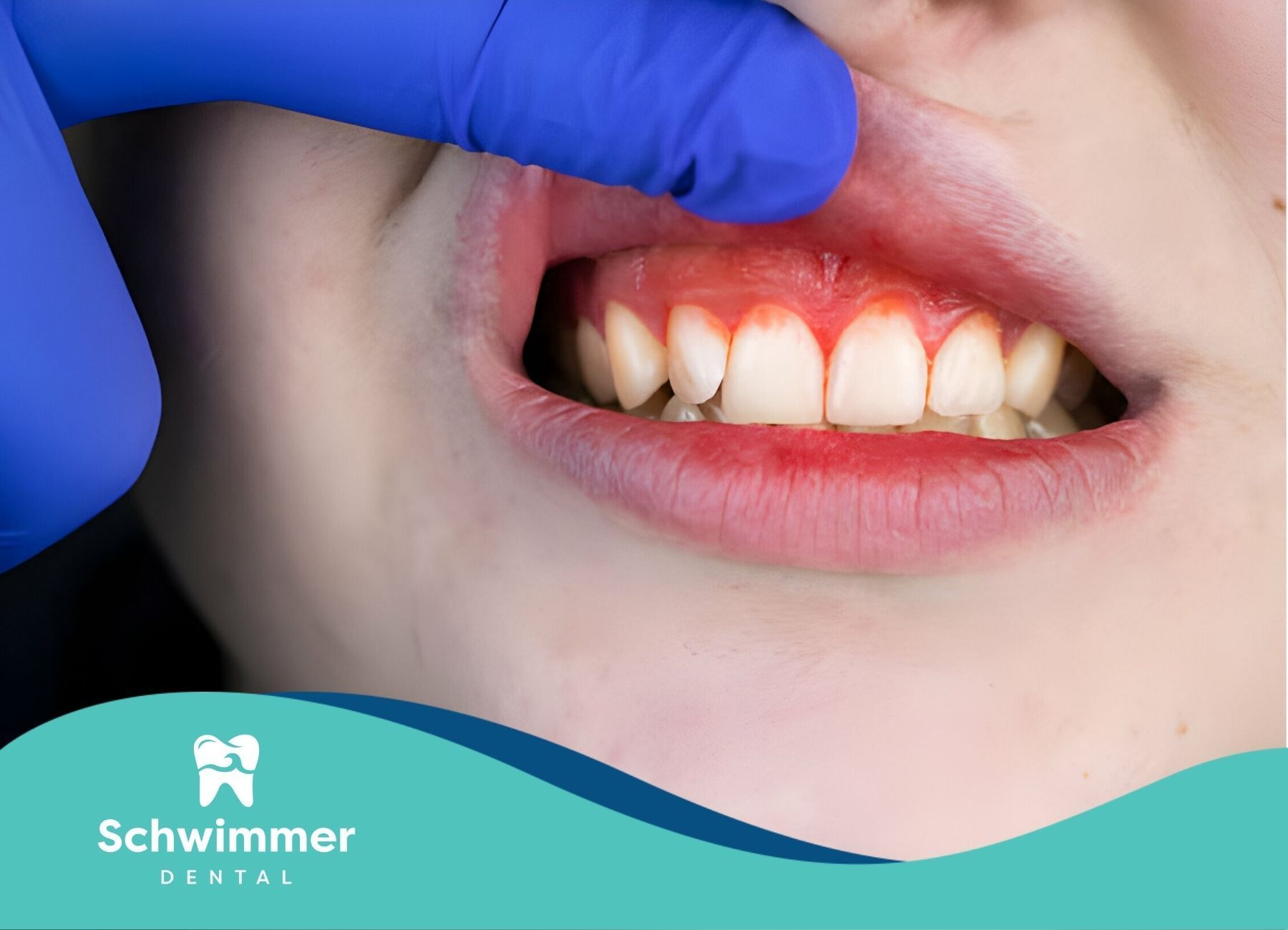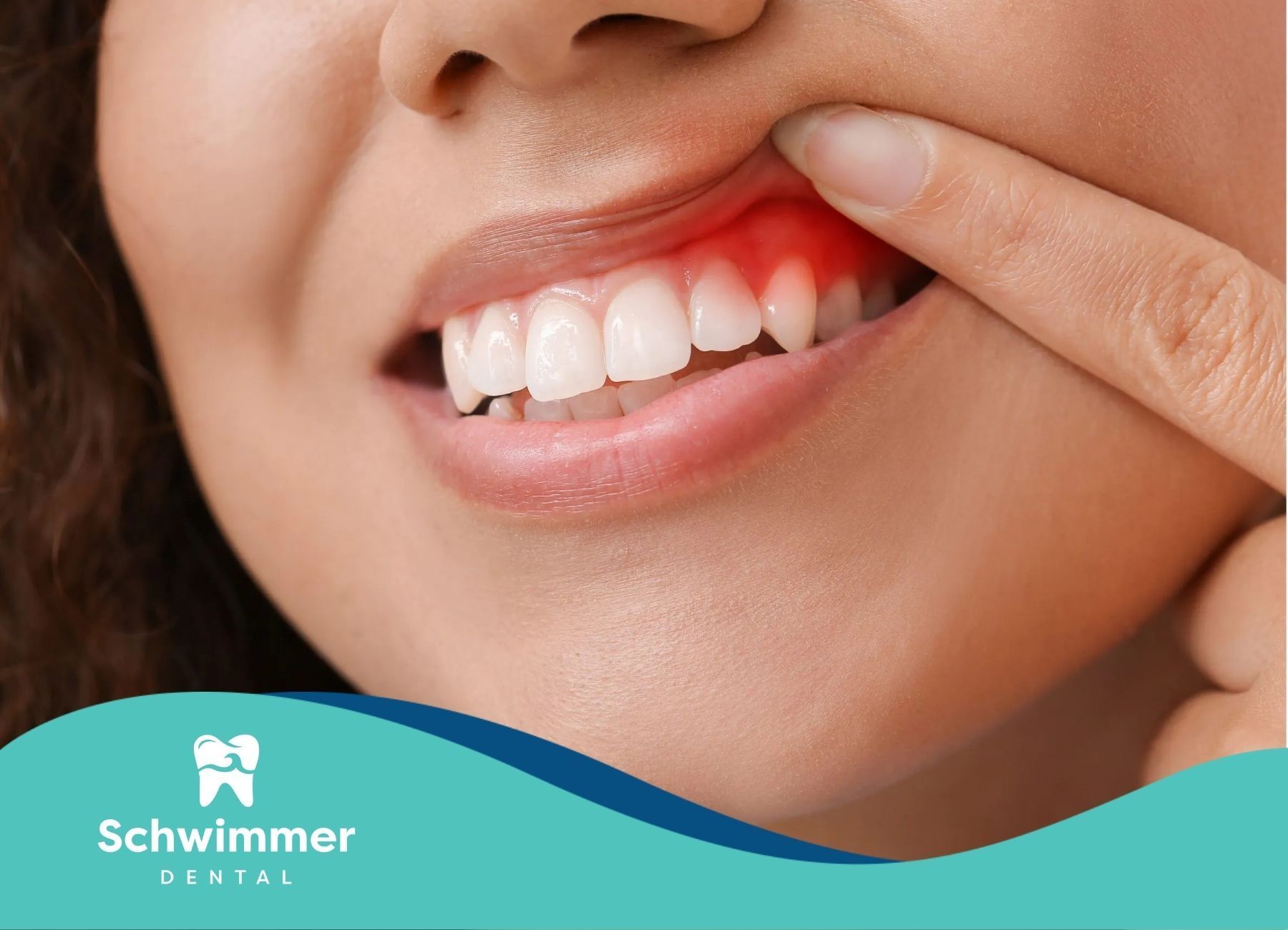From Mouth to Health: The Magic of Tooth-Friendly Diet Choices
Impact of Diet on Dental Health
Nutritional Factors Affecting Teeth
Diet plays a vital role in maintaining optimal dental health. The choices made in daily nutrition can either support or harm the integrity of one’s teeth. Certain nutrients are key in promoting strong tooth structure and gum health, while others can contribute to dental problems.
The following table summarizes some nutritional factors that specifically affect teeth:
| Nutrient | Sources | Effects on Teeth |
|---|---|---|
| Calcium | Dairy products, leafy greens, almonds | Strengthens enamel, aids in tooth remineralization |
| Vitamin C | Citrus fruits, bell peppers, leafy greens | Supports gum health and healing |
| Iron | Spinach, lentils, lean meats | Essential for healthy blood flow to gums |
| Sugars | Candies, sodas, baked goods | Contributes to tooth decay and dental caries |
| Acidity | Citrus fruits, fruit drinks | Can lead to enamel erosion and tooth sensitivity if consumed excessively |
Heavy consumption of sugar-laden foods can significantly increase the risk of dental issues. In fact, dental caries, commonly known as cavities, is a prevalent noncommunicable disease affecting billions worldwide, with 9 out of 10 people experiencing tooth decay at some point in their lives.
Particular fruits, while generally considered healthy, can also pose risks to dental health. Fruits high in added sugars or with high acidity can lead to substantial damage to teeth if consumed excessively.
Importance of a Tooth-Friendly Diet
To support healthy teeth and gums, individuals should focus on incorporating nutrient-dense foods that promote oral health while minimizing sugary and acidic food intake. For further information on how diet impacts dental health, visit our article on dental health and nutrition, and explore the best diet for dental health to better understand how food choices can safeguard one’s smile.
Tooth-Friendly Food Choices
Choosing the right foods can significantly influence dental health. A diet rich in specific fruits, vegetables, and dairy products supports oral hygiene by promoting healthy teeth and gums.
Fruits and Vegetables for Oral Health
Fruits and vegetables are essential components of a tooth-friendly diet. Natural options like apples and pears can help maintain strong and clean teeth when consumed properly. These fruits support oral health due to their fibrous texture, which aids in cleaning plaque from the surface of teeth. Additionally, fresh produce offers vitamins and antioxidants, which are important for gum health.
| Fruit/Vegetable | Oral Health Benefits |
|---|---|
| Apples | Cleans teeth, stimulates gums |
| Carrots | Provides vitamin A, strengthens enamel |
| Celery | Helps remove food particles, increases saliva |
| Pears | Freshens breath, reduces acid levels |
However, it's crucial to be cautious with fruits that contain added sugars or are highly acidic, as these can cause significant damage to teeth if consumed excessively. Selecting whole fruits over processed options can mitigate these risks.
Dairy Products and Tooth Enamel
Dairy products play a vital role in dental health by contributing to the remineralization of tooth enamel. Foods such as cheese, milk, and plain yogurt provide essential nutrients that can help rebuild enamel and maintain bone density. They are effective in lowering acid levels in the mouth and increasing saliva production, which helps wash away bacteria and food particles.
| Dairy Product | Benefits for Teeth |
|---|---|
| Cheese | Neutralizes acid, stimulates saliva |
| Milk | Rich in calcium and vitamin D |
| Yogurt | Contains probiotics, promotes good bacteria |
Incorporating these tooth-friendly dairy products into a balanced diet can contribute to long-lasting dental health. Drinking fluoridated water also supports oral health by flushing away particles and aiding in cavity prevention.
Eating a variety of fruits, vegetables, and dairy products is essential in maintaining not only a tooth-friendly diet but also overall wellness.
Best Foods for Gum Health
A nutrient-rich diet plays a vital role in maintaining the health of gums. Foods filled with essential vitamins and minerals help to reduce inflammation and support the structural integrity of gum tissue.
Key Nutrients for Strong Gums
Several important nutrients contribute to the health of gums:
- Vitamin C: Vital for gum health, Vitamin C helps to strengthen the immune system and promote healing. It can be found in citrus fruits, bell peppers, and leafy greens.
- Calcium: Essential for bone and tooth health, calcium supports the density of gum tissue. Good sources include dairy products, almonds, and fortified plant-based milk.
- Iron: Vital for healthy blood flow, iron helps to nourish gum tissue. Foods rich in iron include spinach, lentils, and lean meats.
| Nutrient | Source Foods | Benefits |
|---|---|---|
| Vitamin C | Citrus fruits, bell peppers, leafy greens | Strengthens immune system and promotes healing |
| Calcium | Dairy products, almonds, fortified plant-based milk | Supports gum tissue density |
| Iron | Spinach, lentils, lean meats | Nourishes gum tissue |
Importance of Fiber and Lean Proteins
Fiber-rich foods contribute significantly to gum health. High-fiber foods, such as whole grains, fruits, and vegetables, not only encourage saliva production but also help cleanse the mouth of food particles and reduce harmful bacteria.
Lean proteins, including options like chicken, eggs, and fish, support tissue repair and fortification, enhancing overall gum health.
Including these nutrient-dense foods in a daily diet can prevent gum issues and improve oral health.
Foods to Avoid for Dental Health
Diet plays a crucial role in maintaining good dental health. Understanding which foods to avoid can help prevent tooth decay and gum disease. Here, we explore the harmful effects of sugary snacks and the risks associated with acidic and sticky foods.
Harmful Effects of Sugary Snacks
Sugary snacks, including candies, cookies, and sugary beverages, are detrimental to dental health. These foods feed the bacteria in the mouth, which produce acids that can erode tooth enamel. Regular consumption of sugar-laden foods can significantly increase the risk of cavities.
| Type of Snack | Sugar Content (g) | Likely Effects on Teeth |
|---|---|---|
| Hard Candy | 20-30 | Sticks to teeth, causing decay |
| Soft Drinks | 40-50 | High acidity and sugar content |
| Chocolate Bar | 24-30 | Coats teeth with sugar |
| Gummy Bears | 30-35 | Sticky residue lingers on teeth |
Dentists recommend limiting the intake of sugary snacks to maintain a healthy smile. The American Dental Association suggests pairing sugary foods with water to help rinse away residual sugar.
Risks of Acidic and Sticky Foods
Acidic foods and drinks can weaken tooth enamel over time. Prolonged exposure to acidic environments in the mouth can lead to serious dental issues, including enamel erosion and increased sensitivity.
| Type of Food/Drink | pH Level | Potential Risks |
|---|---|---|
| Citrus Fruits | 2-3 | High acidity leads to enamel erosion |
| Soda | 2.5-3 | Causes decay and damages enamel |
| Pickles | 3 | Can contribute to enamel wear |
| Sticky Sweets | 2-4 | Lingers on teeth, increasing decay risks |
Fruits that are acidic or have added sugars should be consumed with caution; excessive intake can lead to significant damage to teeth. Foods like sticky candies and starchy snacks can also get trapped in the mouth, further jeopardizing oral health. According to the University of Rochester Medical Center, these foods should be minimized to help prevent tooth decay.
Limiting acidic drinks in one's diet can help protect teeth from erosion. Stimulating saliva production through diet is beneficial because saliva plays a critical role in maintaining the hard outer layer of teeth. Additionally, untreated enamel wear can result in the need for advanced dental procedures such as fillings or crowns.
For those looking to maintain a healthy diet for their teeth, it is essential to be mindful of both sugar and acidity levels in the foods consumed. Implementing tooth-friendly diet choices can help promote long-term dental health.
Maintaining Oral Health Through Diet
A tooth-friendly diet plays a significant role in maintaining oral health. Two essential components are water and saliva, both of which serve vital functions in oral hygiene.
Benefits of Water for Teeth
Water is crucial for oral health. It helps wash away food particles and neutralizes harmful acids that can cause tooth decay. Drinking fluoridated water significantly contributes to improving dental health by providing fluoride to the teeth, which aids in preventing cavities.
In addition, staying hydrated keeps the gums well-moisturized, reducing the risk of gum disease and inflammation. It's recommended to avoid sugary and carbonated drinks, as well as alcohol, which may contribute to tooth decay and other gum problems.
| Benefit of Water | Explanation |
|---|---|
| Washes Away Food Particles | Reduces plaque buildup and harmful bacteria. |
| Neutralizes Harmful Acids | Protects enamel from erosion. |
| Hydrates Gums | Helps maintain gum health and prevent disease. |
Role of Saliva in Oral Hygiene
Saliva is another key element in maintaining optimal dental health. It is essential for:
- Rinsing away food particles: Saliva helps to clear food remnants from the mouth.
- Neutralizing acids: It mitigates the harmful acids produced by bacteria in plaque.
- Remineralizing teeth: Saliva contains minerals like calcium and phosphate, which are vital for keeping teeth strong.
Sugarless chewing gum can be particularly effective in increasing saliva production, further contributing to oral health by helping to dislodge food particles and improve overall gum condition.
| Role of Saliva | Explanation |
|---|---|
| Rinses Away Food Particles | Prevents plaque and bacteria buildup. |
| Neutralizes Harmful Acids | Protects against tooth decay. |
| Remineralizes Teeth | Strengthens enamel and prevents erosion. |
Maintaining a diet that supports water consumption and encourages saliva production is essential for anyone looking to improve their dental health and nutrition. Understanding the relationship between diet, saliva, and water can empower individuals to make better choices for their oral hygiene.
Final Thoughts
Maintaining a tooth-friendly diet is one of the most effective ways to protect your smile and support long-term dental health. By prioritizing nutrient-rich foods, minimizing sugary and acidic snacks, and staying hydrated, you can ensure a healthier, brighter smile for years to come.
For personalized guidance and comprehensive dental care, contact Schwimmer Dental today. Let us help you achieve your best oral health—schedule an appointment now!
Resources:
- https://www.urmc.rochester.edu/encyclopedia/content?contenttypeid=1&contentid=4062
- https://www.who.int/news-room/fact-sheets/detail/sugars-and-dental-caries
- https://www.colgate.com/en-us/oral-health/nutrition-and-oral-health/acidic-fruits-and-teeth-effects
- https://www.ada.org/
- https://familydoctor.org/added-sugar-what-you-need-to-know/



